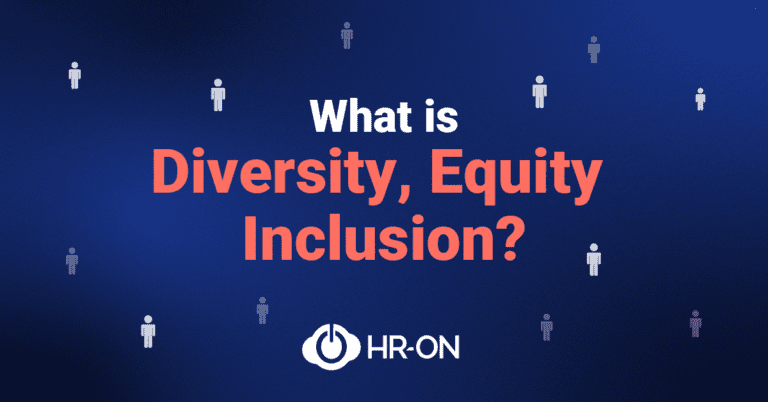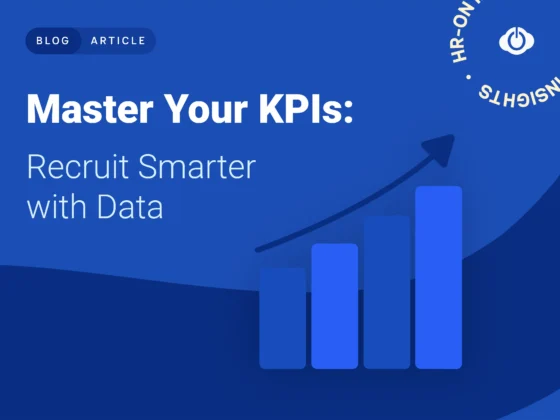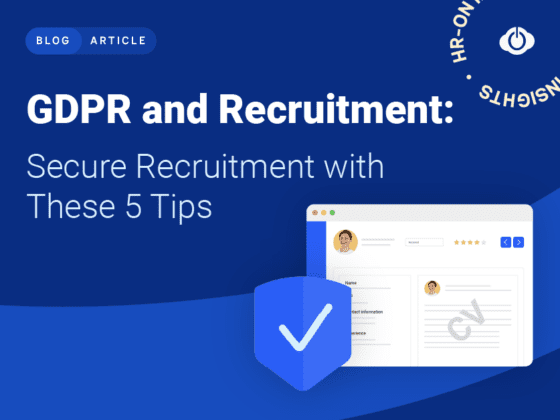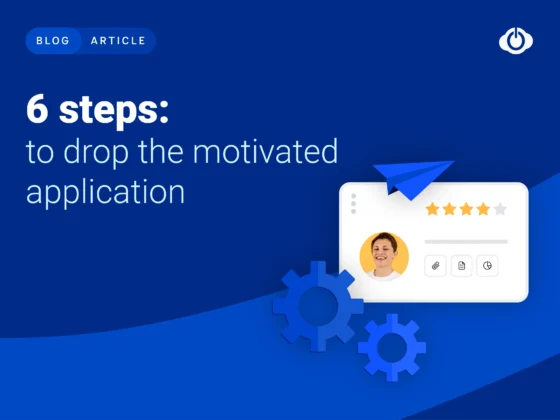What Does Diversity, Equity, and Inclusion Mean? – Your Company Is Like “A Box of Chocolates”
Diversity, Equity, and Inclusion (DEI) is like a box of chocolates. As Forrest Gump puts it: “You never know what you are gonna get”. Just as different tastes and shapes surprise, DEI offers variation, different skills, and perspectives that businesses can enrich themselves with. But before DEI can shine through in practice, the first step is to answer the question: What does diversity, equity, and inclusion mean?
A diverse company, one with a varied and inclusive workforce across age, sexuality, religious beliefs, gender, and diversity in other facets, sets the stage for a high-trust, high-employee engagement work culture.
But can you answer the question: what does DEI mean? Perhaps you have the answer ready or need a minute or two to provide a thoughtful response that fits within your company.
Take it easy. You probably know the answer – but how do you ensure the answer is comprehensive? That is what you will find out in this blog post.
You might also like: Diversity is Part of HR-ON’s DNA
So, What is Diversity, Equity, and Inclusion?
It is essential that your company has a definition or a shared understanding of what DEI means and how you collectively work towards it. Do not get confused when you come across a synonym for DEI or when it is only referred to as inclusion or diversity.
Once your company has reached a consensus on the meaning of DEI, and how it is reflected in the organization, the next step is to develop concrete initiatives and tasks that the company intends to follow, thereby translating DEI from a value to practice across the entire organization.
3 Insights on What Diversity, Equity, and Inclusion Is and Is Not in Companies
Diversity, Equity, and Inclusion is:
- A continuous commitment to creating a positive work environment that boosts engagement and innovation
- A commitment to equal opportunities for all employees regardless of background, gender, race, sexual orientation, etc.
- A continuous process that requires engagement from all levels of the company
Diversity, Equity, and Inclusion is not:
- Simply a quantitative measurement of different employees
- A superficial marketing strategy
- A one-time action or goal that can be achieved and then overlooked
You might also like: HR-ON’s Value-based Management Approach
How Your Company Can Answer the Question of What Diversity, Equity, and Inclusion Is
It is no secret that diversity in the workplace leads to social cohesion and well-being within your team. Therefore, it is important for companies to answer what diversity means to the company early on in their engagement with new employees and other stakeholders.
In addition to active communication and daily initiatives, you can also use an HR system that, for example, can keep all your company’s diversity documents in one place, accessible to all employees at all times.
You can also use HR-ON Recruit for diverse recruitment. Hiring hidden talents requires the right tools. Use the HR system to recruit for diversity instead of just looking at skills.
With clear definitions, initiatives, and systems, companies can quickly and accurately answer the question of diversity. But you can and should always work on the topic – include this in your answer, too.
Want to know more about our products, such as HR-ON Recruit? Get a price estimate for the system for your company, or book a demo with one of our sales consultants.
FAQ: What is Diversity, Equity, and Inclusion?
What does diversity entail within the context of DEI?
Diversity within DEI refers to differences in background, culture, experiences, perspectives, gender, race, sexual orientation, and more within a group, organization, or society.
How does equity relate to DEI?
Equity in DEI ensures fairness and impartiality in treatment, addressing historical and systemic barriers. It involves providing resources, opportunities, and support based on individual needs to achieve equality of outcomes.
What role does inclusion play in DEI?
Inclusion in DEI creates an environment where all individuals feel valued, respected, and empowered to contribute. It fosters a sense of belonging and ensures diverse voices are heard in decision-making.
How do organizations promote DEI through their policies and practices?
Organizations promote DEI through policies and practices that support diversity, ensure equitable treatment and opportunities, and foster an inclusive culture. This includes inclusive recruitment, training programs, and efforts to address bias and discrimination.






